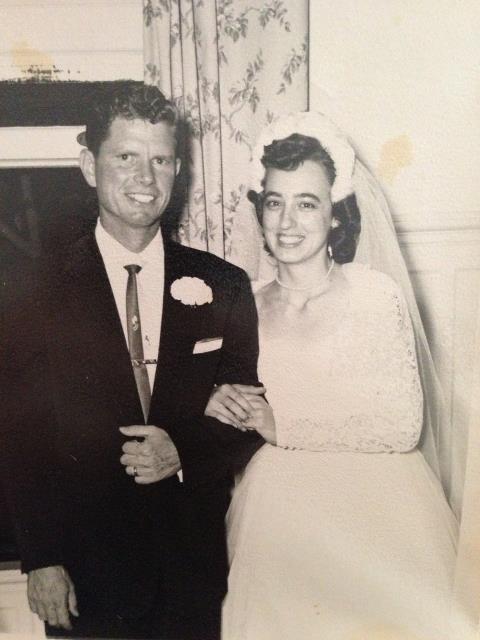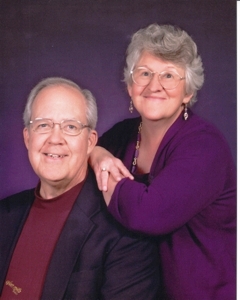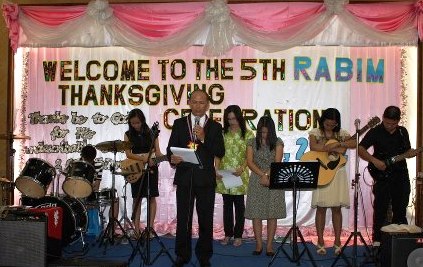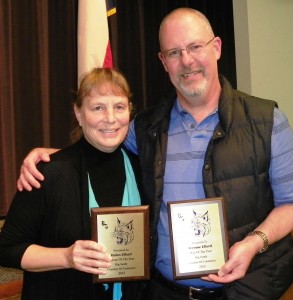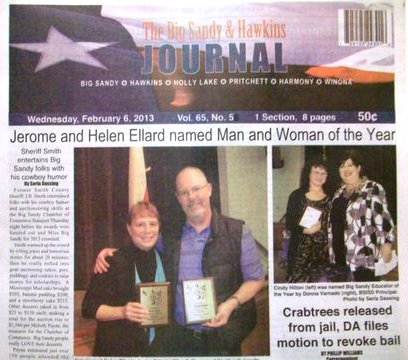Dear Brothers and Sisters in Christ:
 As our understanding of who God is (our theology) developed, we began using the term “Incarnational Trinitarian Theology” to identify and summarize our understanding. However, use of that term (and others like it) might cause some problems. First, it might confuse some who are not trained in theology. Second, it might be used by some who do not understand it well. Third, it might be overused and thus become cliché. Last, it might become a denominational label that could lead some to misunderstand what we actually believe and teach.
As our understanding of who God is (our theology) developed, we began using the term “Incarnational Trinitarian Theology” to identify and summarize our understanding. However, use of that term (and others like it) might cause some problems. First, it might confuse some who are not trained in theology. Second, it might be used by some who do not understand it well. Third, it might be overused and thus become cliché. Last, it might become a denominational label that could lead some to misunderstand what we actually believe and teach.
Along with this letter, we’ve included an article from Gary Deddo titled, “Answering questions about our theology” (click on the link in the column at left). I urge you to read it carefully. As Gary notes, it is helpful to think of Incarnational Trinitarian Theology as describing how we believe rather than merely what we believe. Of course, all orthodox Christians accept the doctrines of the Trinity and the Incarnation. But for us, they are more than two doctrines on a list of many—they are the heart of our faith and worship.
Why is that not so for all Christians? Partly because these truths are deep mysteries beyond our fallen human imaginations. Also, these doctrines at times are poorly taught or not taught at all. Thus it is easy to drift away from this defining core and begin to emphasize secondary (even tertiary) issues. When that happens, everything becomes distorted.
This was seen clearly in the way Jewish religious leaders resisted Jesus. Those leaders looked to Scripture as a source of truth, but disagreed about its details. Nevertheless, they were united against Jesus. And so Jesus told them, “You have your heads in your Bibles constantly because you think you’ll find eternal life there. But you miss the forest for the trees. These Scriptures are all about me! And here I am, standing right before you, and you aren’t willing to receive from me the life you say you want” (John 5:39-40, The Message). Note how Jesus placed himself at the center as the living key to interpreting Scripture. He himself was the source of their life. If they would accept and understand that, they would put their petty disagreements in perspective and come together in acknowledging him as Messiah. Instead, they saw him as a heretic and plotted to kill him.
As Christians today, we can make the same mistake. Even if we accept Jesus as Lord and Savior, we can sideline the fundamental truths that define who he is. The result is the fragmenting of Christianity into competing “schools” of thought with their own doctrinal distinctives. This leads to a “my Christianity is better than yours” mentality. Though the distinctives may be accurate, they emphasize peripheral matters. The result is that the reality of who God is and what he has done for us in his Son is diminished, if not lost. Division within the Body of Christ results.
That is why we need to avoid using labels in ways that imply that we are setting ourselves apart as having a Christianity that is superior in comparison to others. The reason we use a label at all is to remind ourselves (and others, if they are interested) of the focus of our renewal—the reality of what is revealed in Jesus Christ according to Scripture.
Also, in using a label, we must avoid implying that we are slavishly beholden to some systematic theology or to certain theologians—even those identified as Incarnational or Trinitarian. There are approximately 50 systematic theologies extant today. However, there is no single concrete, uniform, particular school of thought called “Trinitarian Theology.”
For example, Barth, the Torrance brothers and Thomas Oden drew on many other theologians throughout the ages and on the writings of the early church councils. Rather than seeking to establish a new theology, they were seeking to serve Jesus Christ and to build up his church through their teaching and research. Yes, they might be described as “Incarnational Trinitarian Theologians” because they saw that these particular elements of Christian faith were being neglected or even forgotten. They discerned that the church needed to get back on the central path of Christian faith.
When we use the term, “Incarnational Trinitarian Theology,” we are referring to the fact that Jesus is the lens through which we read and interpret the Bible and how we have come to know God. Consequently, any other doctrinal points should flow from and fit with the Trinitarian nature of God. Our role in the administration of our denomination is to pass on the best formulations of Christian theology that we can find—especially on the major issues. We are blessed to incorporate the ideas of the great theologians of Christian history and we can learn from those alive today. But we do not do so slavishly and biblical revelation always has the controlling authority.
So, when we say that we believe and teach Incarnational Trinitarian Theology, we are describing how we understand and believe Scripture based upon Jesus as the centerpiece of God’s plan for humanity. It is perhaps more like your computer’s operating system rather than one of many programs you load into it. Individual doctrines are like the software applications, which must be able to interface with the operating system if they are to work properly. But it’s the operating system that orders, organizes, prioritizes and produces all other useful results.
The focus of our renewal as a denomination has been the very theological issues that have been central to historical, orthodox Christianity. We are not the only branch of the church that neglected or even misunderstood the doctrines of the Trinity and the Incarnation. We hope that we might benefit other parts of the Body of Christ with what we have learned. It is in this spirit that we offer our Speaking of Life and You’re Included videos. If you have not viewed them, I urge you to do so. They will help us all keep the Center in the center, feed our continuing renewal in the Spirit, and enable us to join with all Christians down through the ages in giving witness to the glory of our triune God: Father, Son and Holy Spirit.
Yours in Christ’s service,
Joseph Tkach




